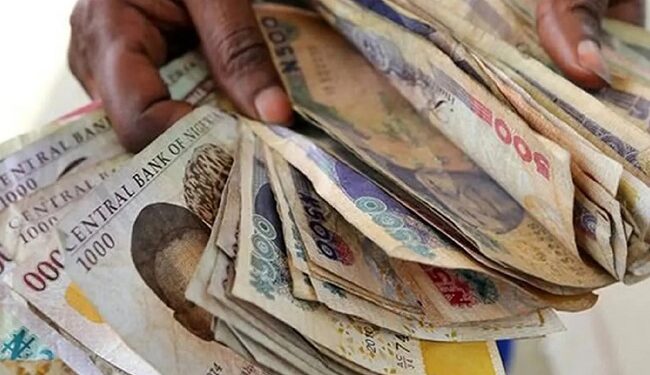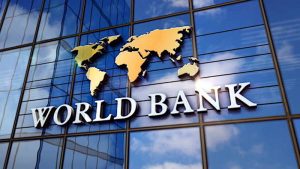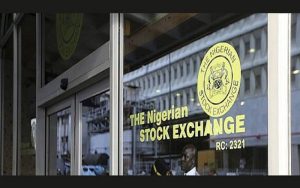
The International Monetary Fund (IMF) has observed promising signs of stability in Nigeria’s currency, the naira, crediting recent interest rate hikes and efforts by the Central Bank of Nigeria (CBN) to clear foreign exchange backlogs.
During a press briefing held in Washington, D.C., on Tuesday, IMF officials praised Nigeria’s economic measures aimed at stabilizing the naira. “In Nigeria, rate hikes and the clearing of overdue domestic central bank foreign exchange obligations have helped the naira show more signs of stability,” an IMF statement said.
Tobias Adrian, IMF financial counsellor and director of monetary and capital markets, acknowledged the CBN’s efforts to combat inflation and improve foreign exchange market performance. “The central bank has been transitioning to an inflation-targeting regime and has liberalised the exchange rate, which we welcome,” Adrian stated.
He emphasized the importance of the CBN’s rate hikes, adding, “The rate hikes implemented so far have been appropriate, especially given the challenges posed by high inflation, which still stands around 30 percent.”
Despite these improvements, the naira continues to face challenges. On October 16, a World Bank report identified the naira as one of the weakest-performing currencies in sub-Saharan Africa, attributing the currency’s struggles to a high demand for dollars and limited inflow.
Nevertheless, the IMF highlighted some recovery in the naira’s value, with exchange rates fluctuating between N1,700 and N1,600 per dollar in the parallel market, while stabilizing between N1,500 and N1,600 in official trading windows.








